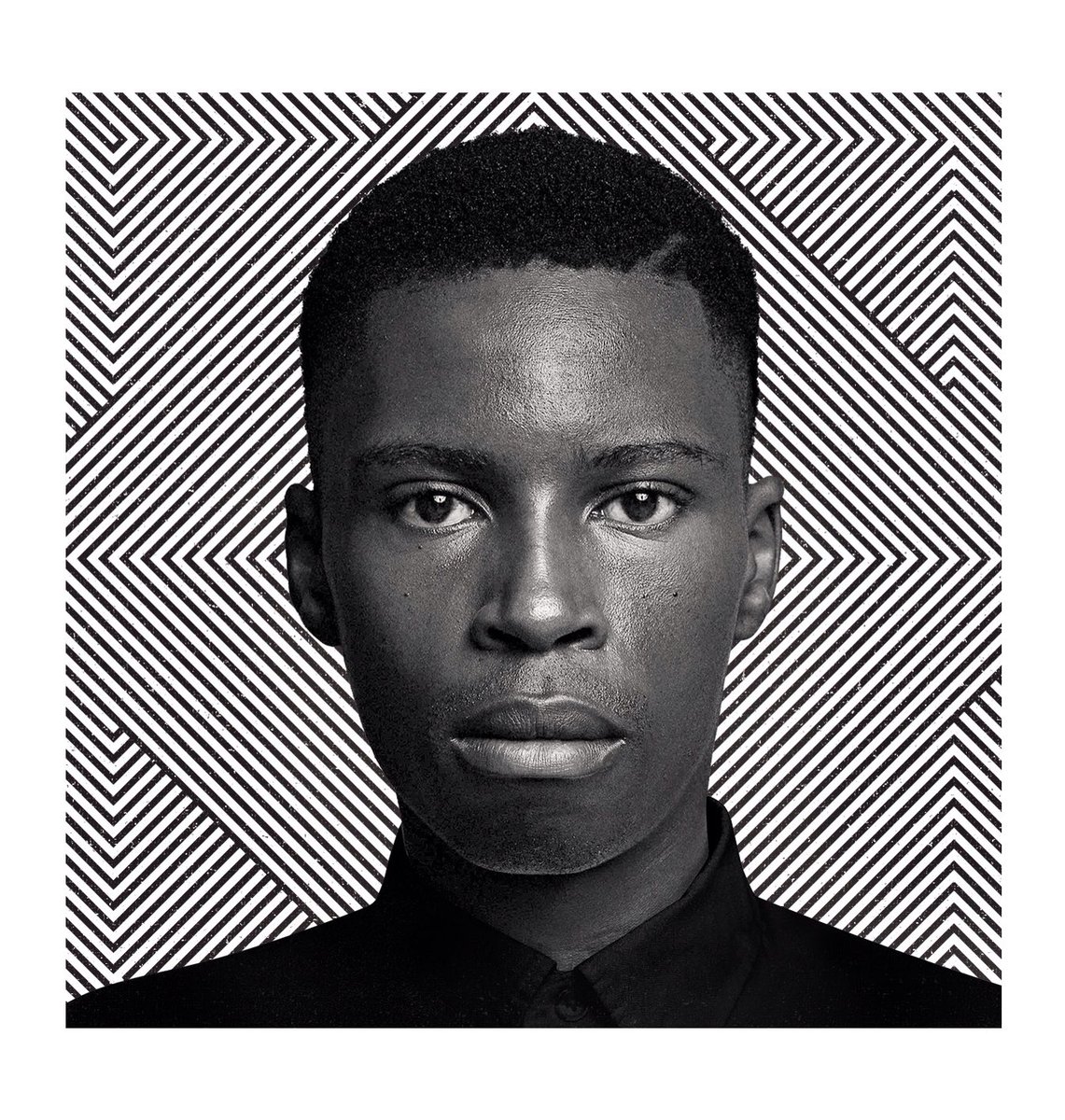Languages are dying out.
Every year, more and more are added to the extinction list.
It seems strange that this would be possible in the 21st century, with so much information being collected, categorized, and stored, but it is indeed happening. According to this list, more than 50 languages have died out so far this millennium. (Incidentally, I find it heartbreaking that for so many of the tongues on that list, the last known speaker’s name is recorded. Couldn’t someone have coaxed them to write something down? Give a few lessons before their time was up?)
Some linguists claim that within a century, 90% of languages spoken today will be gone. One could argue that this might lead to better communication across cultures, but the pessimistic part of me doubts that; to me, a world with less diversity of language might mean a world with less diversity of thought.
And besides, some languages are just so…awesome. It would be a shame for them to disappear. There’s Welsh, with its absurd strings of consonants. There’s French, with its naturally singable beauty.
Few languages, though, are as awesome as Xhosa.
One of South Africa’s official languages, Xhosa has a lot to recommend it. You might already know that it uses clicks. What you probably didn’t know (at least, I didn’t) is that it has eighteen different kinds of clicks. The clicks made with the teeth are represented in writing by the letter ‘c’, while other types – made with the inside of the cheek, the roof of the mouth, etc. – are represented by a ‘q’ or an ‘x.’
But there’s more. Xhosa is a tonal language: the same words can carry different meanings depending on whether your tone while speaking them is low or high. It also uses prefixes to indicate whether something is singular or plural, rather than the boring old –s suffix we often use in English.
I could go on, but you get the idea: when we lose languages we lose something special. It’s like human language is a six-thousand sided die, and we’re slowly sanding it down until it’s a boring old sphere.
With almost 20 million speakers worldwide, Xhosa is doing pretty well. It might just survive the next century. So this week I’m happy to give you an intro to one of the finest of those 20 million speakers: Bongeziwe Mabandla.
What makes this a beautiful song:
1. Mabandla’s voice is a soothing blend of Iron & Wine and Tracy Chapman.
2. The striking cross-rhythms are typical of traditional African music, and he blends them brilliantly with a more contemporary form of folk.
3. It’s fascinating to hear Xhosa as a language of song. I tried my best to find a translation of the lyrics, but couldn’t find them anywhere. I even reached out to Bongeziwe’s label, but got no response. So if anyone reading this speaks Xhosa… well, let’s communicate.
Recommended listening activity:
Trying to say your name in a variety of accents.
This song was suggested by a reader. Thanks, Harry!
